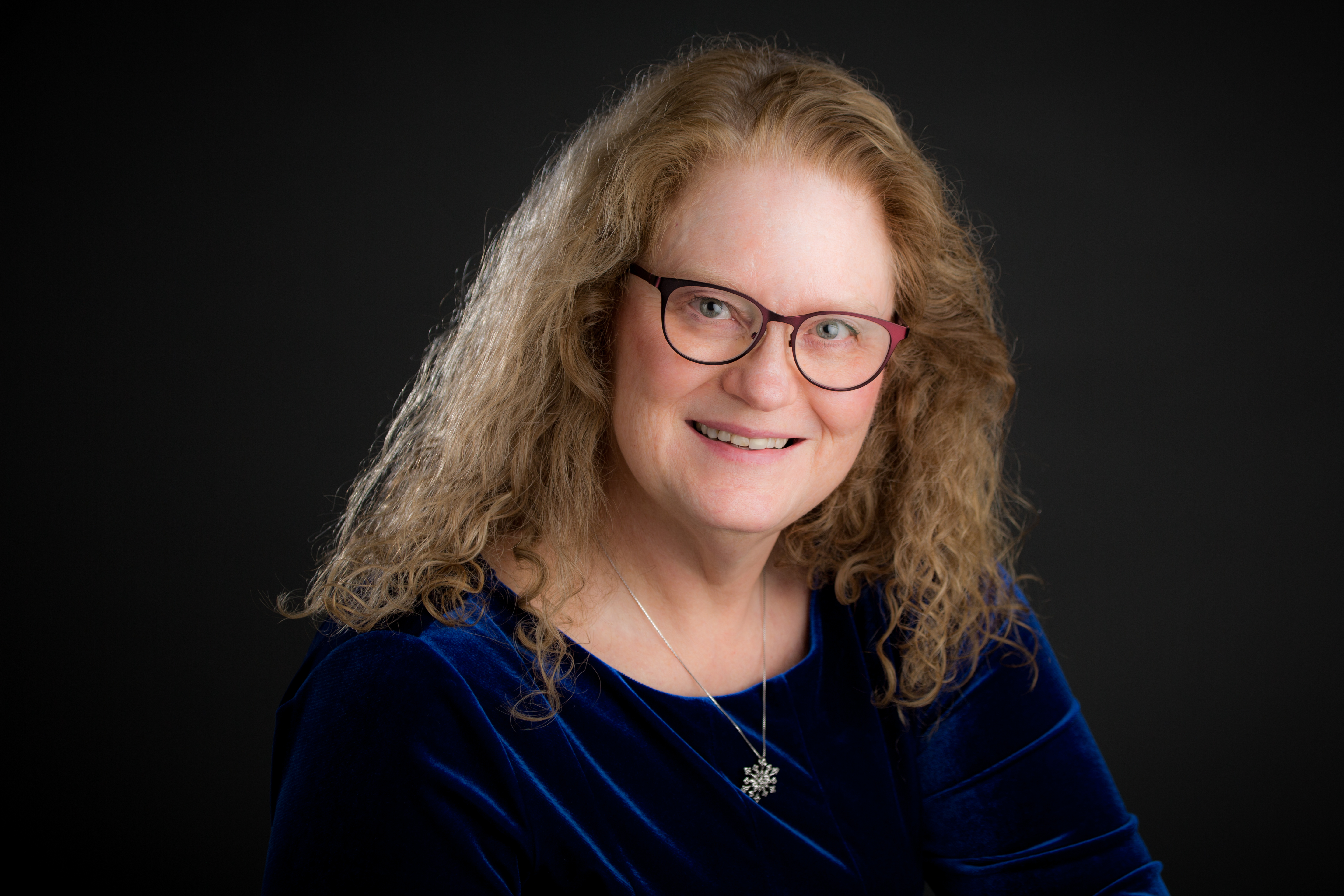Do I Really Tap?

Do I tap? The quick answer is yes. I do tap, but not as much as I would like to. I think about tapping often, but for some reason I don’t always follow through. There are probably lots of reasons. Sometimes I’m in a situation where tapping just wouldn’t be comfortable. Sometimes I feel like … [Read more…]